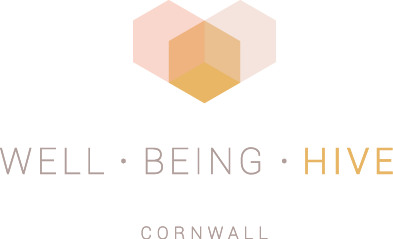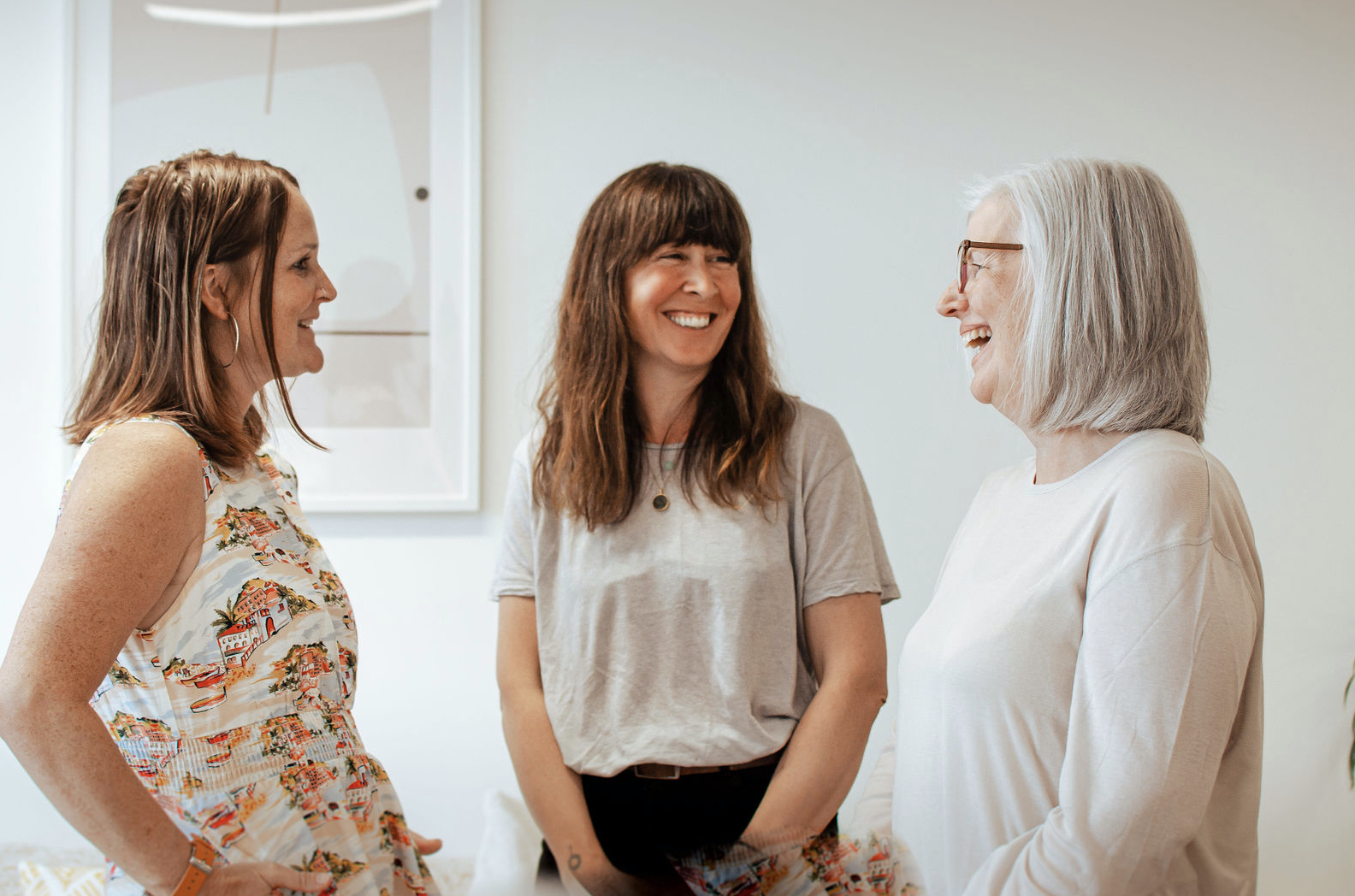the healing power of compassion
“Human emotions don't fit neatly into categories, compassion comes with kindness and love.”
In life, compassion can have proud effects on our mental health and wellbeing.
The medical outcomes of compassion are so powerful, that to have the best therapeutic results in medicine, is to include recognising the need in others and having the motivation to do something to alleviate it. This is where the transformation happens, the biochemistry change in your body through social relationships.
We have been led to believe that medication will save us, but in fact the compassion and social relationships we have, are often more powerful. If you deal with that first of all, you will have a better sense of wellbeing and ultimately live the happiest life.
This post is inspired by Dr Rangan Chatterjee, a long-term advocate for compassion and it’s powerful effects on our health and longevity. He speaks to Palliative Care consultant Dr Julian Abel about his insight on social relationships and long term health care, focussing on compassion.
If you are looking for a new headspace, this gives some serious food for thought.
Loneliness
Loneliness can increase our risk of dying by 30 percent. A growing body of evidence shows social relationships are more powerful than any other intervention we have, including many of the medicines we have, quitting smoking and changing your diet.
When we connect with others, our heart rate slows down, we secrete the bonding hormone oxytocin and regions of the brain linked to empathy and pleasure light up.
When we connect with others, our heart rate slows down, we secrete the bonding hormone oxytocin and regions of the brain linked to empathy and pleasure light up. The very fact that our bodies still do this since we evolved from early man tells us that this is still a vitally important part of what makes us human. This is especially true if we detect another’s need for assistance, we feel compassion; we are usually drawn to want to help.
We have survived as a species thanks to the importance of personal connections, community and compassion for others.
Compassion
If we can bring in compassion, we can make sensible decisions that are not based on personal gain. Survival of the fittest should really be Survival of the Kindest, as many studies show that both the human and animal kingdom tend to thrive when living in social societies.
Consider the pandemic, suddenly our support networks are dropped, our social gatherings scrapped, our ability to work with others severely reduced. The outcome was reported by MIND that around a third of adults said their mental health had become worse throughout the period. (1)
We all recognise suffering and it's natural to want to do something about it, but often, we are not motivated enough to do it. Human emotions don't fit neatly into categories, compassion comes with kindness and love.
Human emotions don't fit neatly into categories, compassion comes with kindness and love.
Dr RaChatterjee interviewed Palliative care Dr Julian Abel on his Feel Better Live More Podcast, who pioneered The Frome Project, which aimed to end loneliness and improve health in the town of Somerset UK, by building community connections. They discuss what happens from the positive side of compassion and why social relationships have a profound effect on our longevity. They highlight how when you look at the presence of hormones like oxytocin, it is most prevalent with socialisation, compassion and the feeling of togetherness.
For instance, if you are treating high blood pressure, when you find it elevated, you are often given medication and a follow up to see if it's working and adjust to suit. Dr Abel argues that if we took that model into social relationships, making routine assessment on a patient's social interactions, you could identify an opportunity to increase oxytocin spinning around your body, which in turn drops your blood pressure. You may not even need the medication, and reduce overall health visits to hospitals… could better social relationships be the key?
The Frome Project
The Frome Project got global recognition and is truly remarkable. Dr Abel and colleagues found a way to offer patients in somerset a community development programme within the medical centre and combined the two. During this time, a particular case study, highlights the benefits of compassion having a truly incredible result.
A business woman who was diagnosed with severe rheumatoid arthritis was living a relatively insular life, the arthritis put her in a wheelchair within 3 weeks and the feeling of devastation loomed daily.
She went to the doctor seeking a sense of hope, the Dr suggested a Health Connector. A practitioner trained in motivational interviewing but not a health professional. They suggested support groups to start with for people with chronic disease and managed her pain levels followed by diet improvements until she felt strong enough to go out into the community.
“She made a journey from being an isolated
and focussed individual to being someone who is deeply engaged”
Suddenly she was connected with a wealth of people and community groups focussed on the ability to bring people together. She made a journey from being an isolated and focussed individual to being someone who is deeply engaged in the community and she describes how her life was transformed. Through meeting 'friends for life' and making use of her resources, she now has a support group regaining her health and overall happiness.
The mobility and pain levels improved from the medication, whilst her wellbeing, happiness and reason for living, were simultaneously transformed giving the full package wellness and high quality of life, despite her limitations.
The Effects of Compassion
The feeling of connectedness and lust for life is not often measured by the medical world. But really it's all about fulfilment and your quality of life. Dr Abel has spoken to thousands of terminal patients, he found that if people felt loved and secure, their anxiety goes down, their oxytocin and endorphins go up and their pain levels become manageable. Ultimately, their mental state has a profound effect on their pain levels. When you start to deal with what matters most in life, which is the people you love in the places you love, a similar transformation can take place.
If we choose compassion, not only is it good for us, but it's good for those around us too. What joy is life, doing it by yourself? The essence of life is sharing the good and bad with the people you love. The rest doesn't really matter.
You can learn more about the science and theory behind compassion by heading to your podcast app and searching Feel Better Live More by Dr Chatterjee episode 138 with Dr Julian Abel, The Healing Power of Compassion.
If you, or someone you know, is struggling with their mental health, you can find support and resources on our website, Instagram and in our Journal.
Further afield, these websites and charities are a good place to start too.
If you are struggling with your mental health, you can also ask your GP for a referral to NHS Talking Therapies, or you can self-refer.
For confidential support, you can also call the Samaritans in the UK on 116 123 or email jo@samaritans.org.

